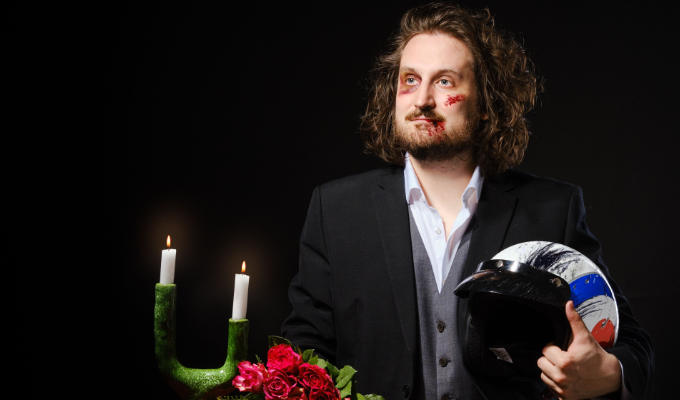How very dare you!
Tate accused of homophobia
A complaint that Catherine Tate’s effeminate character Derek is offensively homophobic has been rejected by BBC governors.
The viewer who lodged the complaint, a gay man, had also protested about DJ Chris Moyles' use of the word ‘gay’ on air as well as ccomments made by US rapper The Game on the Jo Whiley’s Radio 1 show.
His complaint about Tate’s effete creation, who is constantly outraged at the widespread assumption that he is gay, was that ‘viewers were invited to laugh at the character’s campness and “obvious” gayness’.
The complaint said all three incidents demonstrated that ‘the BBC was failing to protect lesbians and gay men in the same way it protected other minority groups from racist, sexist and stereotyped material’.
He went through the BBC’s complaints unit – but was not happy with the way they rejected his points.
A letter telling him of their decision said: ‘The fact that you, as a gay man, drew very different conclusions from the humour is much to be regretted, and I’m again sorry for the offence you were caused’.
The viewer believed that this blamed members of minority groups for ‘not getting the joke’ and failing to see things the way the majority do.
So he appealed the governors to reconsider his original complaint, as well as this response.
But the governors complaints committee today decided the items ‘met the required editorial standards and did not demonstrate homophobia’, adding that ‘gay’, as used by Moyles, had now become playground slang for ‘lame’ or ‘rubbish, so need not be offensive to homosexuals.
Moyles dismissed a ring tone on his July 25 show last year by saying ‘I don’t want that one, it’s gay.’ Four days later, The Game – real name Jayceon Taylor - described gay men as ‘faggots’ and ‘not real men’ in his interview. Whiley immediately made a ‘sincere, full and swift’ apology for his comments.
Of the complaint against Tate, the governors said: ‘The humour derived from the Derek sketches lay in the fact that he rejected the acceptance of those around him and refused to recognise himself as gay, rather than in the fact of his being gay.
‘Derek was an extreme stereotype of a gay man but humour is often based on stereotypes. The purpose of the sketches was to be funny, not realistic. The committee noted that the series was dominated by a number of extreme, ridiculous characters who were not meant to be taken literally or too seriously.
‘The committee agreed that humour does and should challenge and push boundaries. The series was very well received and popular, demonstrating that its challenging material was acceptable to most people. In the light of this, the committee agreed that the Derek sketches met the required editorial standards.’
Published: 5 Jun 2006






